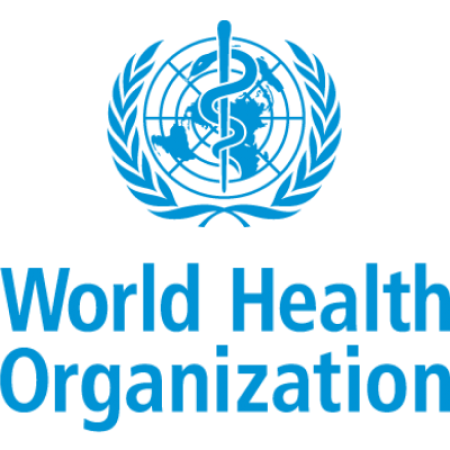Geneva, 14 August 2024 – The World Health Organization (WHO) has declared the ongoing surge of mpox cases in the Democratic Republic of the Congo (DRC) and several neighboring African countries a Public Health Emergency of International Concern (PHEIC). This decision, made by WHO Director-General Dr. Tedros Adhanom Ghebreyesus, underscores the growing threat posed by the rapidly spreading virus.
“The emergence of a new clade of mpox, its rapid spread in eastern DRC, and the reporting of cases in several neighboring countries are very worrying,” Dr. Tedros stated. “It’s clear that a coordinated international response is needed to stop these outbreaks and save lives.”
The declaration follows a recommendation by the WHO’s International Health Regulations (IHR) Emergency Committee, which convened to assess the situation. The committee highlighted the potential for the virus to spread further across Africa and possibly beyond, marking this the second time in two years that mpox has been deemed a global health emergency.
WHO Regional Director for Africa, Dr. Matshidiso Moeti, emphasized the importance of swift action. “Significant efforts are already underway in close collaboration with communities and governments. With the growing spread of the virus, we’re scaling up further through coordinated international action to support countries in bringing the outbreaks to an end.”
The current crisis has been exacerbated by the emergence of a new strain, clade 1b, which is primarily spreading through sexual networks. Over 100 laboratory-confirmed cases of this strain have been reported in countries neighboring the DRC, including Burundi, Kenya, Rwanda, and Uganda—nations that had not previously reported mpox cases.
“The current upsurge of mpox in parts of Africa, along with the spread of a new sexually transmissible strain of the virus, is an emergency, not only for Africa but for the entire globe,” said Professor Dimie Ogoina, Chair of the Emergency Committee. “It is time to act decisively to prevent history from repeating itself.”
Mpox, caused by an Orthopoxvirus, has long been endemic in Central and West Africa, with the DRC seeing a steady increase in cases over the past decade. The latest outbreak has seen over 15,600 cases and 537 deaths reported in the DRC alone this year, far surpassing last year’s totals.
In response to the crisis, WHO has initiated the Emergency Use Listing process for mpox vaccines, aiming to expedite access in lower-income countries. Dr. Tedros urged global donors to step up support, with WHO estimating an initial funding requirement of US$ 15 million to bolster surveillance, preparedness, and response efforts.




